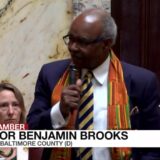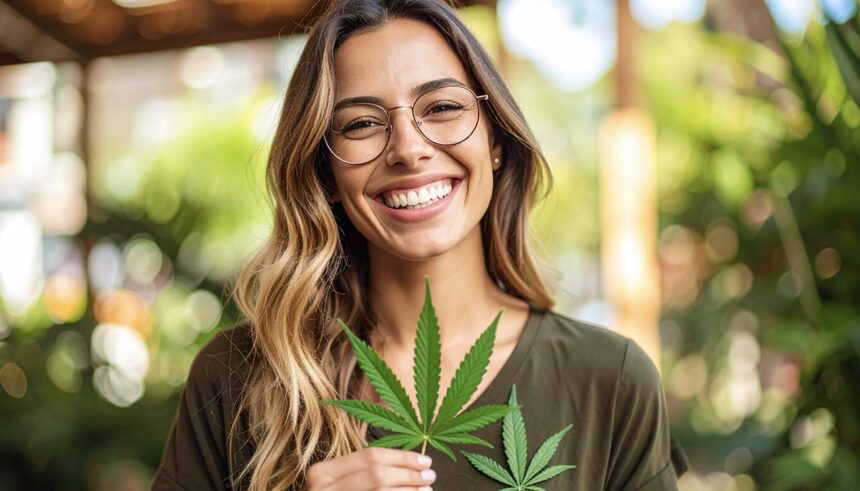High-Dose LSD Shows Promise in Treating Depression, Study Finds
A groundbreaking new study from researchers at the University of Basel in Switzerland has shown that
high doses of LSD, when combined with assisted therapy, may significantly reduce depression symptoms.
Contents
High-Dose LSD Shows Promise in Treating Depression, Study FindsStudy Design and MethodologyStudy Conclusions Safety and Considerations Future of LSD in Clinical Therapy Broader Psychedelic Research Landscape Additional Psychedelic ResearchRelated Study: CBD and AlcoholSupport Independent Psychedelic Journalism
- Higher doses of LSD (100μg and 200μg) led to greater reductions in depression compared to a low dose (25μg).
- Improvements in symptoms lasted up to 12 weeks post-treatment.
- The study highlights LSD-assisted therapy as a promising new avenue for major depressive disorder (MDD).
Study Design and Methodology
Trial Details:
- Conducted as a randomized, double-blind trial.
- Included 61 patients with moderate-to-severe major depressive disorder.
- Participants were divided into two groups:
- High-dose group: Received one dose of 100μg and one of 200μg LSD.
- Low-dose group: Received two doses of 25μg LSD.
- Depression symptoms were evaluated at:
- Baseline (pre-treatment)
- 2 weeks post-treatment
- 6 weeks post-treatment
- 12 weeks post-treatment
Study Conclusions
- High-dose LSD therapy outperformed low-dose therapy in reducing depressive symptoms.
- The effects were sustained over a longer period, lasting up to 3 months.
- The trial’s strengths included:
- A clinically representative sample of patients.
- Consideration of common comorbid conditions.
- Inclusion of participants with varied prior treatment histories.
- A longer follow-up period compared to similar studies.
- Direct comparison between high and low doses.
Safety and Considerations
- LSD was used safely under the trial’s therapeutic framework.
- Compared to psilocybin:
- LSD has a longer duration of action, requiring more clinical resources.
- It’s unclear if this longer duration provides additional therapeutic benefits.
Future of LSD in Clinical Therapy
- The study supports the need for a larger Phase 3 clinical trial.
- More research is needed to:
- Determine whether other hallucinogens offer similar or better outcomes.
- Understand potential therapeutic differences between LSD, psilocybin, and MDMA.
Broader Psychedelic Research Landscape
- U.S. researchers launched a Phase 3 trial of LSD for generalized anxiety disorder (GAD).
- The FDA granted “breakthrough therapy” status to LSD for GAD treatment.
- Other substances with breakthrough designation:
- MDMA
- Psilocybin
Additional Psychedelic Research
- A dog given LSD for separation anxiety showed no adverse effects and reduced nervousness.
- If LSD is approved for anxiety, it could be prescribed off-label for depression.
- Combining LSD with a microdose of MDMA was found to:
- Reduce discomfort during the psychedelic experience.
- Enhance positive emotional outcomes.
Related Study: CBD and Alcohol
A separate study showed that CBD from cannabis may help reduce binge drinking behaviors,
providing additional options in addiction treatment research.




















